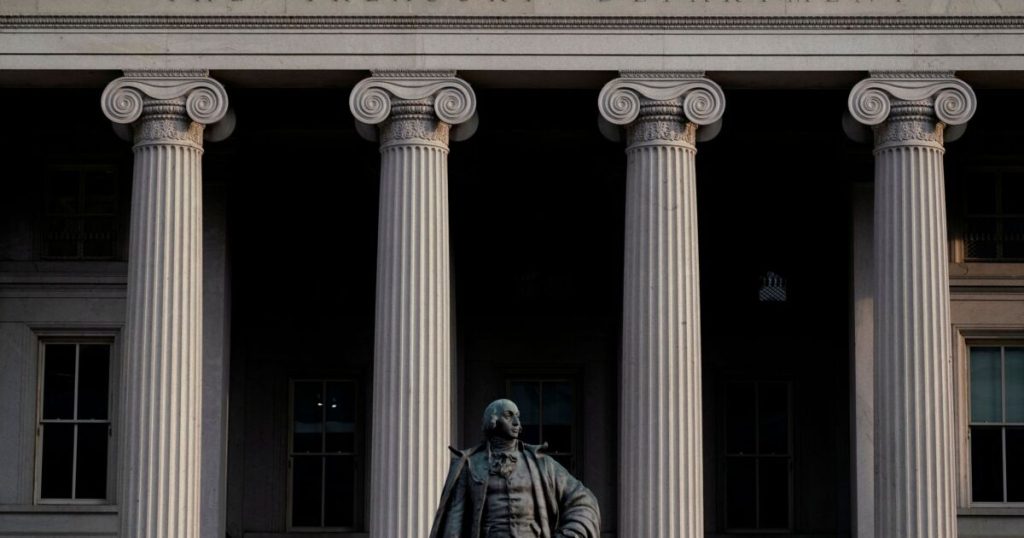Key insight: The agency predicts it will collect voluntary survey data on anti-money laundering compliance costs from hundreds of thousands of nonbank institutions.
Supporting Data: The agency expects the survey will take firms about eight hours to complete.
Forward look: Comments are due 60 days after Sept. 30 publication in the Federal Register; findings may shape future AML rules or deregulatory efforts.
The Treasury Department’s Financial Crimes Enforcement Network Monday said it will seek public comment on a forthcoming survey to gauge the costs nonbank institutions face in complying with anti-money laundering regulations.
The request for feedback on the survey is set to be published in the Federal Register Tuesday and is part of a strategy to gauge the overall regulatory burden nonbanks currently face.
The survey would seek data from a wide range of nonbank firms — including casinos and card clubs, money services businesses, insurance companies, dealers in precious metals, stones, or jewels, credit card system operators, and loan or finance companies — on their anti-money laundering and countering financial terrorism compliance costs.
“Fincen expects 279,715 respondents for the survey and expects each respondent will take eight hours to complete the survey,” the agency noted in the unpublished Federal Register notice. “The information gathered will help assess the cumulative impact of AML/CFT regulations and may inform efforts to adjust regulatory obligations and advance deregulatory proposals consistent with the Executive Orders of the Trump administration.”
The data could support regulatory adjustments or deregulatory initiatives consistent with the Trump administration’s executive orders on reducing regulatory burden. Fincen says survey responses will be voluntary and will not be used for supervisory or enforcement purposes.
The agency would like feedback on the usefulness of the collection effort, the accuracy of its burden estimates and methodology, suggestions to improve the quality of the data set to be solicited, and technological methods for data collection. Comments must be submitted by 60 days after publication in the Federal Register, set for September 30, 2025.
The survey itself covers the granular categories where institutions are feeling compliance costs and seeks data that could inform which regulations to pare back.
The proposed survey asks institutions to report their total direct compliance costs for 2024, including labor, monitoring systems and vendor fees, while excluding indirect costs like office space or equipment depreciation. Respondents are also asked to indicate the share of their overall operating expenses these AML compliance represents.
The proposed survey also asked for data on the cost of specific obligations including: suspicious activity reports, customer identification programs, transaction monitoring, currency transaction reporting, information sharing, OFAC compliance, internal controls, independent testing, training, and recordkeeping.
Fincen also seeks data on voluntary anti-financial crime efforts that go beyond BSA mandates like in-house financial intelligence units. Respondents must estimate the cost of these measures and the extent to which any measures add value to suspicious activity detection or the nation’s AML goals.
The push to understand the scope of AML burden on nonbank financial firms comes as the administration aims to trim the regulatory state of excessive measures and has already rolled back a number of pending requirements for firms.
Earlier this year, Fincen
Fincen has already said it will rework the investment advisor rule, tailoring the requirements of the proposed rule to balance minimizing the burden on businesses and bolstering transparency. The proposed rule wouldn’t impose AML program or SAR filing obligations on the mutual funds overseen by investment advisors, and Fincen will delegate some of its BSA examination authority to the SEC under the rule — just as it already does for broker/dealers and mutual funds.

